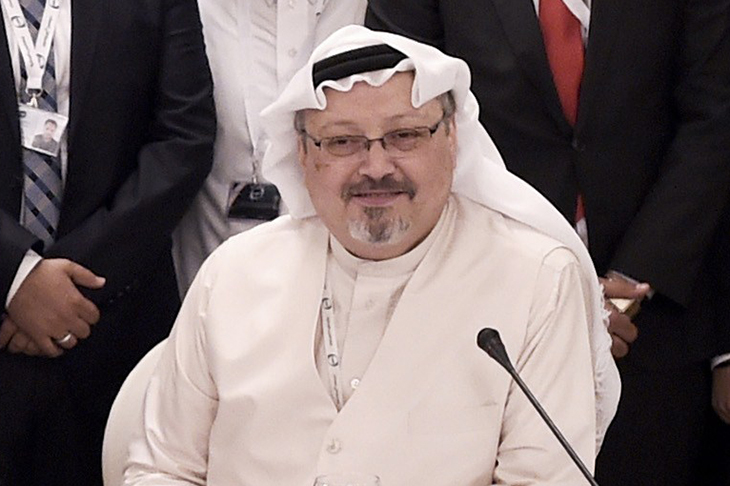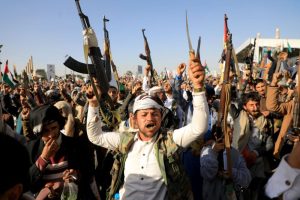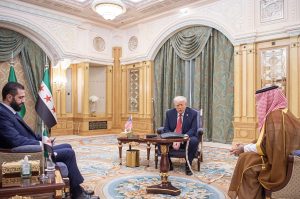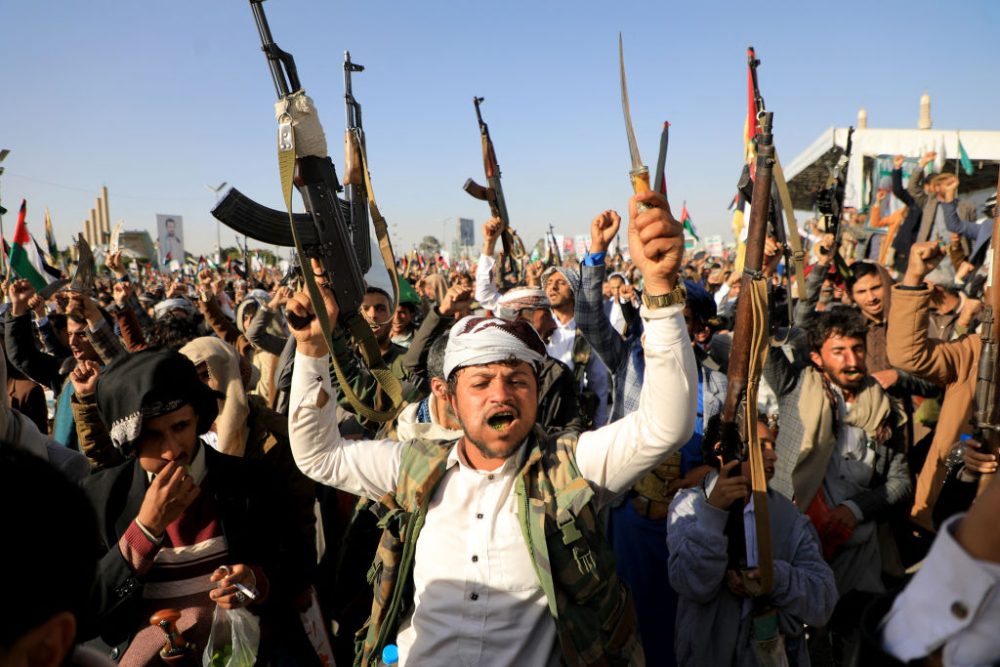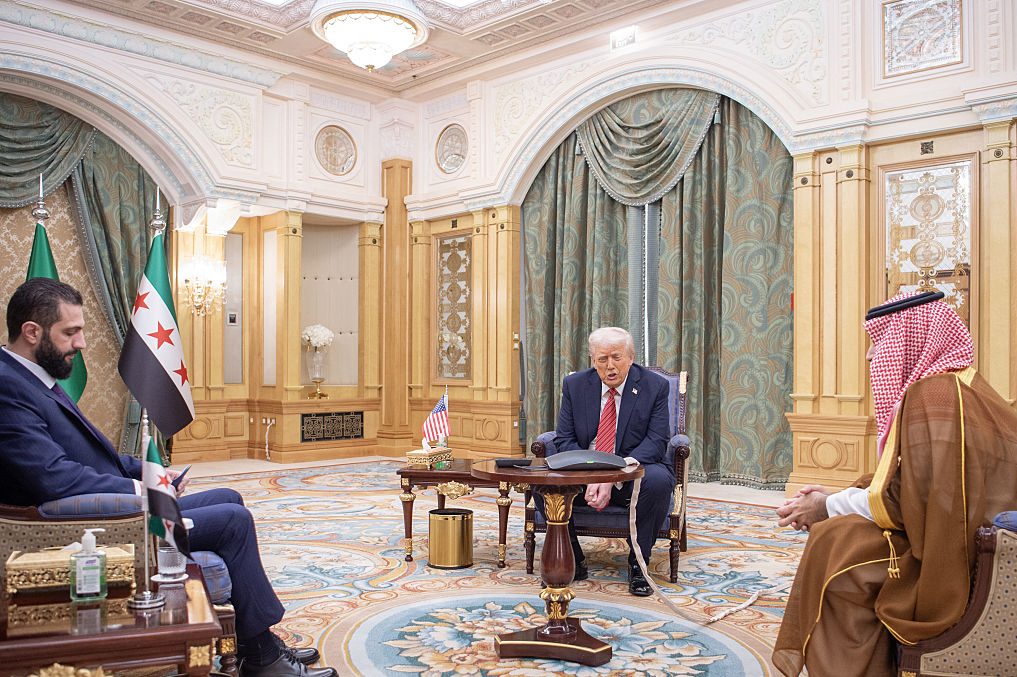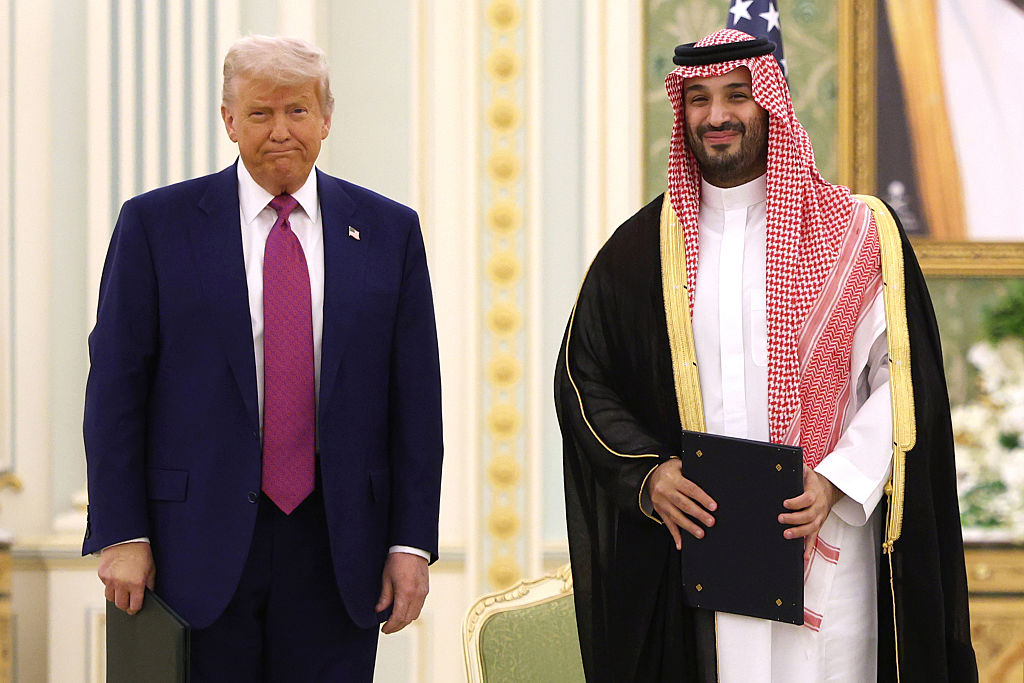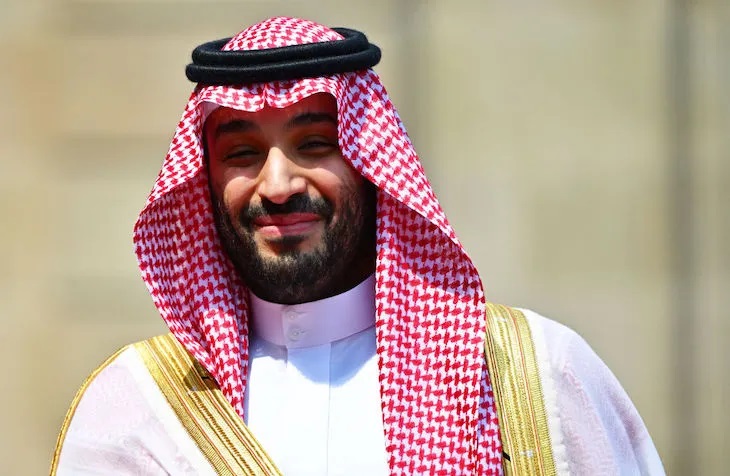An executive in charge of a security company based in Arkansas has given the New York Times a document confirming that they trained four members of Saudi Arabia’s so-called Tiger Squad, responsible for murdering the dissident journalist Jamal Khashoggi. As has now been established by several different investigations, Khashoggi was lured to the Saudi consulate in Istanbul, injected with a drug — perhaps morphine — and suffocated with a plastic bag, his body then cut into pieces, apparently on the Saudi deputy consul’s desk. This latest information raises the question of what the US might have known about the Tiger Squad and its operations. Could the US intelligence agencies have warned Khashoggi not to go to Istanbul?
The involvement of the Arkansas company, Tier 1 Group, was revealed two years ago by David Ignatius in his Washington Post column. Ignatius, who is known to have a direct line to the very top in Langley, wrote: ‘The Khashoggi story is a lesson in how US-supported intelligence and special-operations capabilities can be misused by other countries.’ Last year, his report was used by senators on the Armed Services Committee to question Louis Bremer, managing director of the investment firm that owns Tier 1. Bremer is a former Navy Seal and had been nominated by the Trump administration for the post of assistant secretary of defense for special operations. He said he didn’t have ‘any recollection’ of anything to do with the Tiger Squad but promised to supply written answers. Several senators were not convinced by his conveniently faulty memory and his nomination was blocked. He withdrew, so the written answers were never sent.
Now, the New York Times has persuaded Bremer to give them the written answers. The document — unsurprisingly — finds no fault with the company he oversaw. An internal review ‘uncovered no wrongdoing by the company and confirmed that the established curriculum training was unrelated to the murder of Jamal Khashoggi’. Other sources told the Times that the four members of the Tiger Squad were trained in ‘safe marksmanship’, ‘countering an attack’ and ‘close-quarters battle’. This was not unexpected: the Tiger Squad — official title, the Rapid Intervention Force — is part of the Royal Guard, charged with protecting Saudi Arabia’s Crown Prince, Mohammed bin Salman, MbS. But they were also, said the Times, trained in surveillance, something that certainly might have been useful in tracking and killing MbS’s enemies. Nevertheless, Bremer insisted: ‘The training provided was unrelated to their subsequent heinous acts.’
I spoke about this to Sarah Leah Whitson, director of DAWN, the campaigning group Democracy for the Arab World Now, which was founded by Khashoggi. She thought that the US government would have been keeping an eye on any Saudis receiving such sensitive training, ‘tracking the movements’ of the Tiger Squad. This would have been especially true, she said, after an incident in which a visiting Saudi Air Force trainee opened fire at a base in Pensacola, Florida, killing four people. She also pointed to reports that the US intelligence community was able to say that MbS approved an operation to ‘capture or kill’ Khashoggi precisely because they had phone intercepts from members of the Tiger Squad.
One report was in the Post, which quoted a US official as saying that such intelligence had been ‘disseminated throughout the US government’. The US State Department denied this, a spokesman telling reporters: ‘I can say definitively the United States had no advanced knowledge of Jamal Khashoggi’s disappearance.’ Two journalists’ organizations — the Committee to Protect Journalists and the Knight First Amendment Institute at Columbia University — tried to resolve this contradiction. They sent Freedom of Information Act requests to the CIA and other intelligence agencies to see the relevant documents. They were rebuffed, getting the standard answer that the government would neither confirm nor deny the existence or non-existence of such documents. The two organizations are now suing the intelligence agencies to force them to give up the information.
They are pursuing this action because of Directive 191, brought in under the Obama administration, which says that the US intelligence community has a ‘duty to warn’ anyone of a potential threat of ‘intentional killing, serious bodily injury, and kidnapping’. This doesn’t protect just Americans but non-citizens as well. Khashoggi was not a citizen but had US residency. Directive 191 would not have applied if Khashoggi was only to be arrested, rather than killed or injured, and the Post story said it was not clear in the prior intelligence that violence was planned. A New York Times story later said that MbS had told an aide he would use ‘a bullet’ on Khashoggi. The Times said this was a phone intercept but the conversation was transcribed only after Khashoggi’s death, as part of the effort to find who was responsible — in other words this was not evidence that the intelligence community could have saved Khashoggi.
Dr Sa’ad al Faqih, a Saudi opposition leader based in London, told me he believed the Tiger Squad had been behind ‘two or three’ other killings outside Saudi Arabia — and possibly several inside the Kingdom as well. The regime did not want to ‘cause a fuss’ by arresting some of its opponents, he said, instead finding it easier to make them disappear, or to make it look as if they died from illness or accident. The Squad therefore included experts in forensic medicine and in pharmacology, he said, part of a unit that was some 40 to 50 strong, recruited from across Saudi Arabia’s armed forces and government ministries: a death squad loyal to MbS. Dr al Faqih said that someone close to the Turkish authorities had told him the CIA possessed even more damning evidence than Turkey about MbS’s ‘direct, unequivocal involvement’ in the murder — but that evidence had still to be made public.
In December 2018, the CIA director, Gina Haspel, briefed Senate leaders on the intelligence. Afterwards, Sen. Bob Corker said that if the Crown Prince went in front of a jury, ‘he would be convicted in 30 minutes’. Referring to the notorious claim that the killers had used a bone saw to dismember Khashoggi’s body, Sen. Lindsay Graham said: ‘There’s not a smoking gun — there’s a smoking saw.’ Later, the UN special rapporteur, Agnès Callamard, said: ‘The US Congress must continue to push for the administration to release secret findings on the full extent of Prince Mohammed bin Salman’s role in the brutal killing of Jamal Khashoggi. Such findings must be made public.’
It’s unlikely this will happen. The Biden administration chose to punish MbS’s subordinates rather than MbS himself because, as the White House spokesperson, Jen Psaki, nearly put it: human rights are fine and dandy, but we need the Saudis. ‘Global diplomacy requires holding countries accountable when needed, but also acting in the national interest of the United States, and that’s exactly what the President is trying to do.’ Publishing anything further about MbS’s guilt will only make it more difficult for the administration to hold its collective nose and continue to do business with MbS. So, there is a lot we still don’t know about what happened to Jamal Khashoggi — and a lot we may never know.



